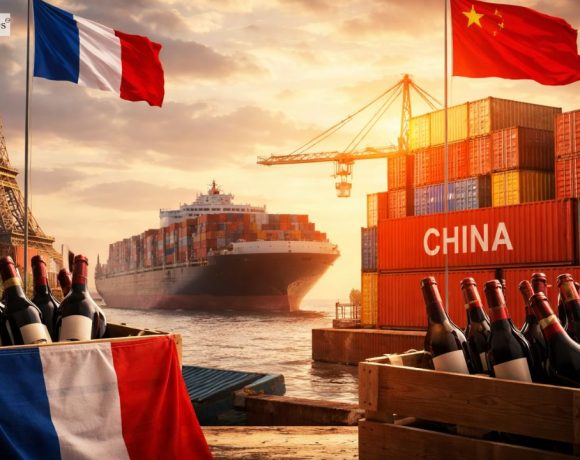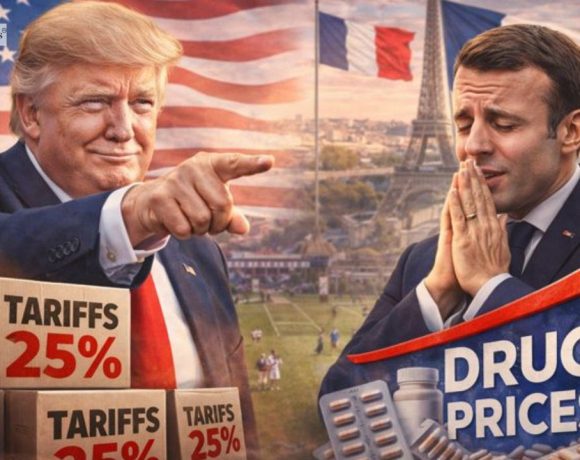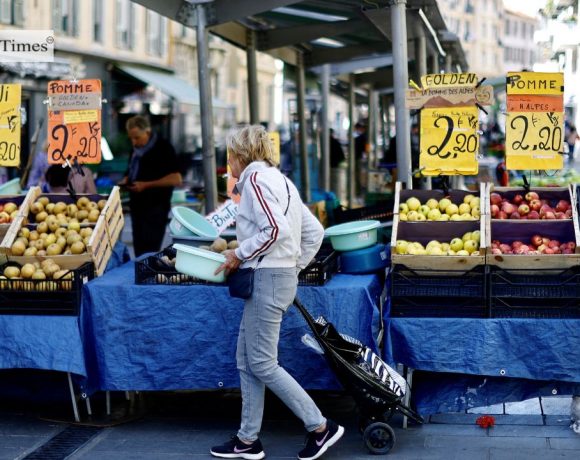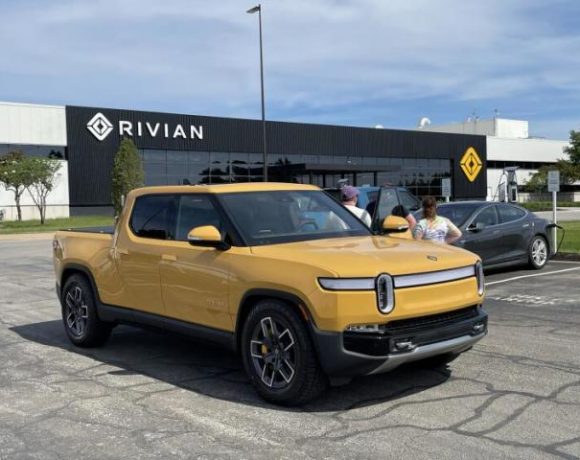
China could investigate French wine imports or impose reciprocal tariffs on European Union products if France pushes for tougher trade measures against Chinese goods, a social media account linked to state broadcaster CCTV said on Wednesday. The warning followed a French strategy report urging the EU to consider a 30% blanket tariff on Chinese imports or a 30% depreciation of the euro against the renminbi to counter rising low-cost imports. The account said such measures would breach World Trade Organization rules and amount to a “declaration of trade war.”
The comments unsettled markets, with shares of French spirits makers Remy Cointreau and Pernod Ricard falling before trimming losses. French government spokesperson Maud Bregeon said the proposal had not been adopted by the government, though she did not dismiss its rationale. France’s trade and finance ministries have yet to issue formal responses.
The latest tensions echo last year’s dispute when China launched an anti-dumping probe into EU brandy, widely seen as retaliation for EU tariffs on Chinese electric vehicles — tariffs France supported. While Beijing has reiterated its willingness to engage in dialogue with France and the EU, it also stressed it is prepared to respond firmly to any trade challenges.
Pic courtesy: google/ images are subject to copyright





